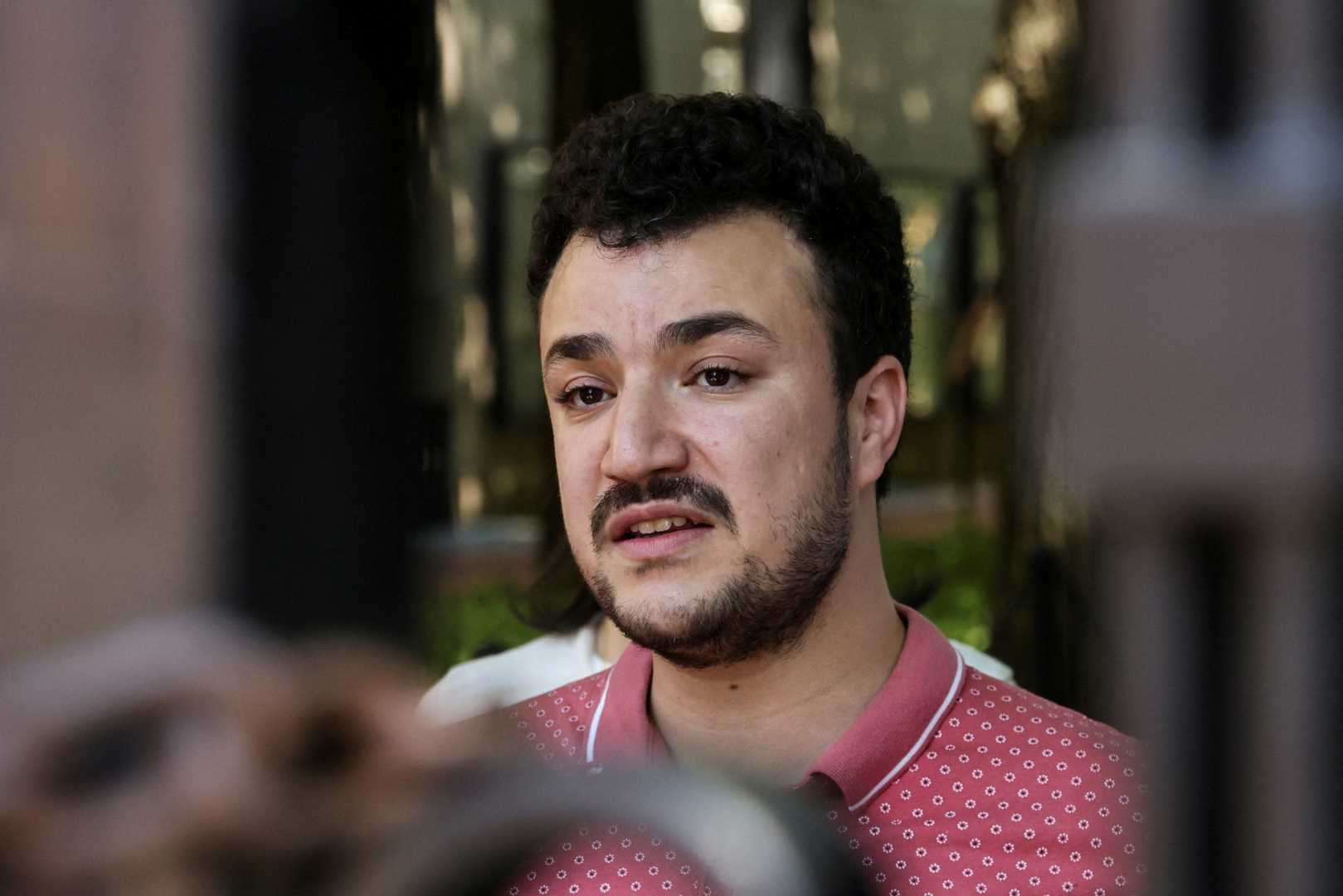News
Columbia Graduate Mahmoud Khalil Faces Deportation Over Protests

NEW YORK — Mahmoud Khalil, a Columbia University graduate, is at the center of a controversial legal battle after being arrested and detained by immigration authorities. His case has drawn international attention, raising critical questions about free speech on college campuses and the rights of permanent residents.
Khalil, 30, was detained for three months at an immigration facility in Louisiana before a federal judge ruled on June 20 that the Trump administration could no longer deport him. His arrest on March 8 followed a series of pro-Palestinian protests at Columbia, where Khalil was a prominent figure.
Born in Syria to Palestinian refugees, Khalil had a history of activism and earned his master’s degree from Columbia’s School of International and Public Affairs in 2022. His attorneys argue that his actions, advocating for Palestinians and against U.S. support for Israel, were protected under free speech rights.
The Trump administration alleged that Khalil was involved in activities supporting Hamas, a designation that he vehemently rejects. His lawyers assert that there is no evidence to support claims of him supporting terrorism.
Activists have rallied in support of Khalil, with protests occurring in New York City following his arrest. The New York Civil Liberties Union condemned the administration’s actions as an attack on the First Amendment, highlighting concerns about political repression of student activists.
Columbia University previously suspended Khalil during the protests but found no grounds for further action against him, indicating the arbitrary nature of the earlier suspension, Khalil stated. His case arises amid ongoing tensions surrounding international student activism and the perceived crackdown by the federal government.
The Department of Homeland Security accused Khalil of leading activities aligned with Hamas, but no details were provided. Meanwhile, the Trump administration continued to defend its position, stating that it would not tolerate individuals advocating for terrorism.
Khalil’s experience has sparked a broader discussion about the targeting of activists and the implications for free speech in the U.S., particularly on university campuses. Legal experts pointed out that while green card holders can be deported on national security grounds, Khalil’s case is unique and unprecedented.
As Khalil continues to navigate the legal system, his situation remains a focal point for discussions about civil liberties and freedom of expression in the United States.












